Description
A brass compass is a navigational instrument typically used for finding directions. Here’s a detailed overview of its features, uses, and care:
Features:
- Material:
- Brass Body: Brass is often chosen for its durability and aesthetic appeal. It also resists corrosion, making it suitable for outdoor use.
- Glass Cover: Protects the compass needle and allows for clear reading of the compass rose.
- Compass Needle:
- Magnetic Needle: The needle is magnetized to align with the Earth’s magnetic field, pointing towards the magnetic north.
- Compass Rose:
- Graduated Dial: The dial or rose is marked with degrees (0° to 360°) and cardinal directions (N, E, S, W). Some models also include additional markings for precise navigation.
- Housing:
- Rotating Bezel: Allows the user to set and lock a specific heading or bearing.
- Hinged Lid: Often used to protect the compass needle and glass face.
- Sighting Mechanism:
- Sight Lens or Mirror: Some compasses include a sighting lens or mirror to help with more accurate navigation and reading.
- Illumination:
- Luminescent Markings: Some compasses have glow-in-the-dark or illuminated markings for use in low-light conditions.
Uses:
- Navigation:
- Hiking and Camping: Essential for orienteering and finding your way in outdoor environments.
- Marine Navigation: Used by sailors to navigate at sea, often alongside charts and GPS systems.
- Aesthetics:
- Collectibles: Brass compasses are popular as historical or decorative items, valued for their craftsmanship and classic look.
- Gifts: Often given as thoughtful gifts for outdoor enthusiasts or nautical-themed decor.
Care and Maintenance:
- Cleaning:
- Regular Dusting: Use a soft cloth to remove dust from the brass and glass.
- Brass Polish: To maintain the shine of the brass, use a brass polish according to the manufacturer’s instructions.
- Storage:
- Dry Environment: Keep the compass in a dry place to prevent corrosion.
- Protective Case: Store it in a case to protect it from scratches and impact.
- Calibration:
- Check Accuracy: Regularly check the compass for accuracy, especially if it is used frequently or has been exposed to extreme conditions.
- Avoid Magnetic Interference:
- Keep Away from Electronics: Ensure the compass is kept away from strong magnetic fields and electronic devices that could affect its accuracy.
A brass compass combines functionality with elegance, making it both a practical tool and a timeless piece of craftsmanship.

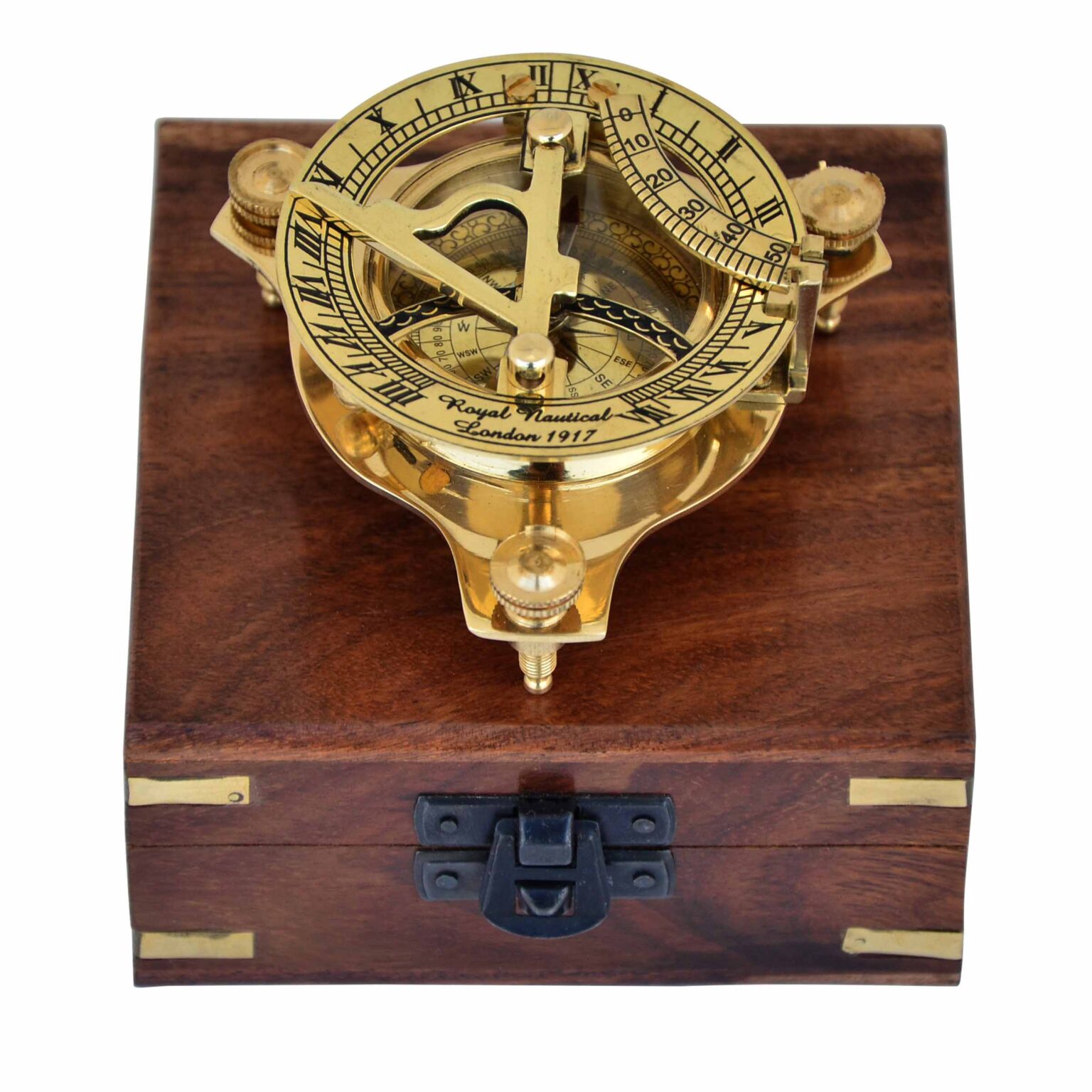
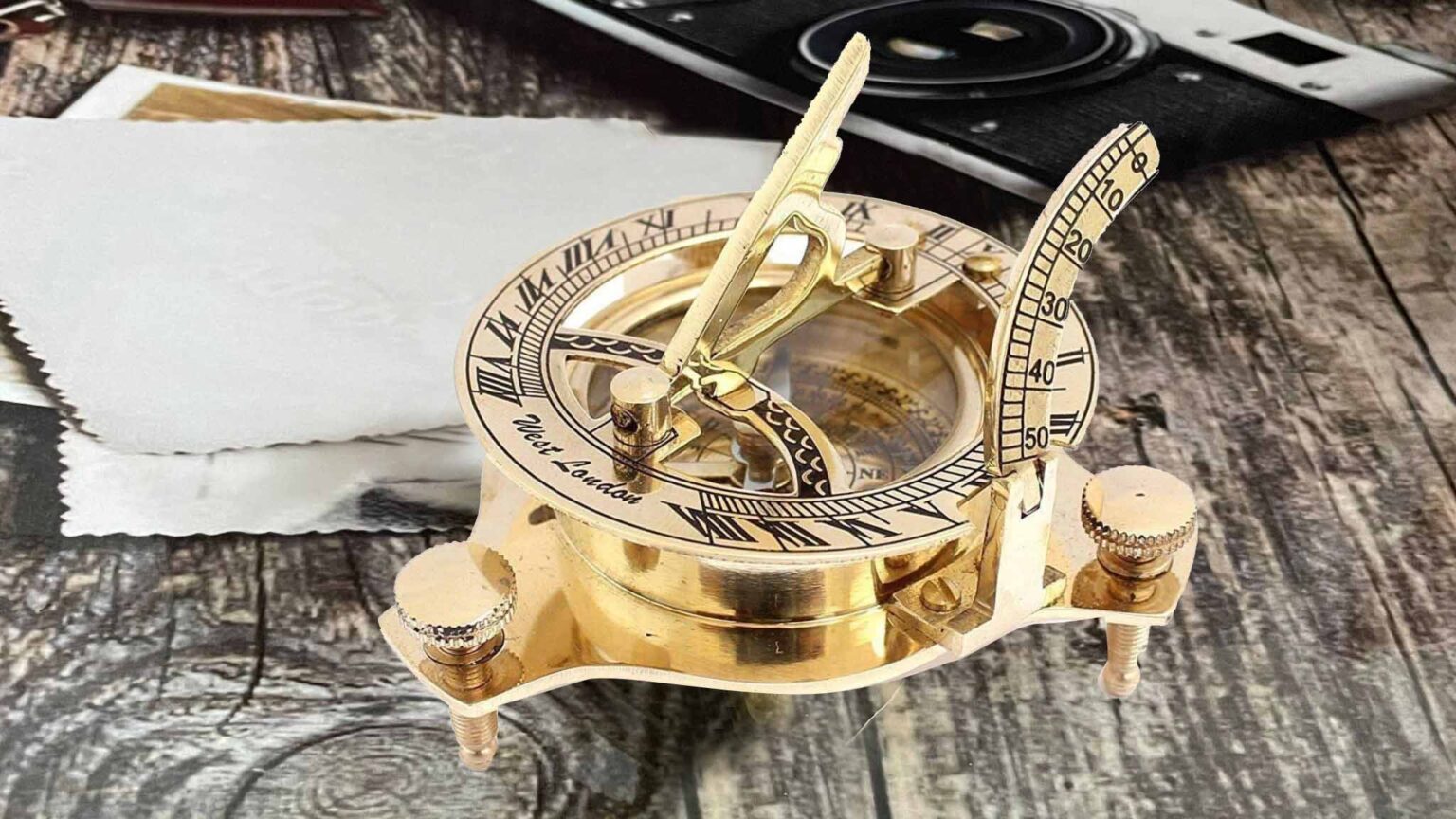
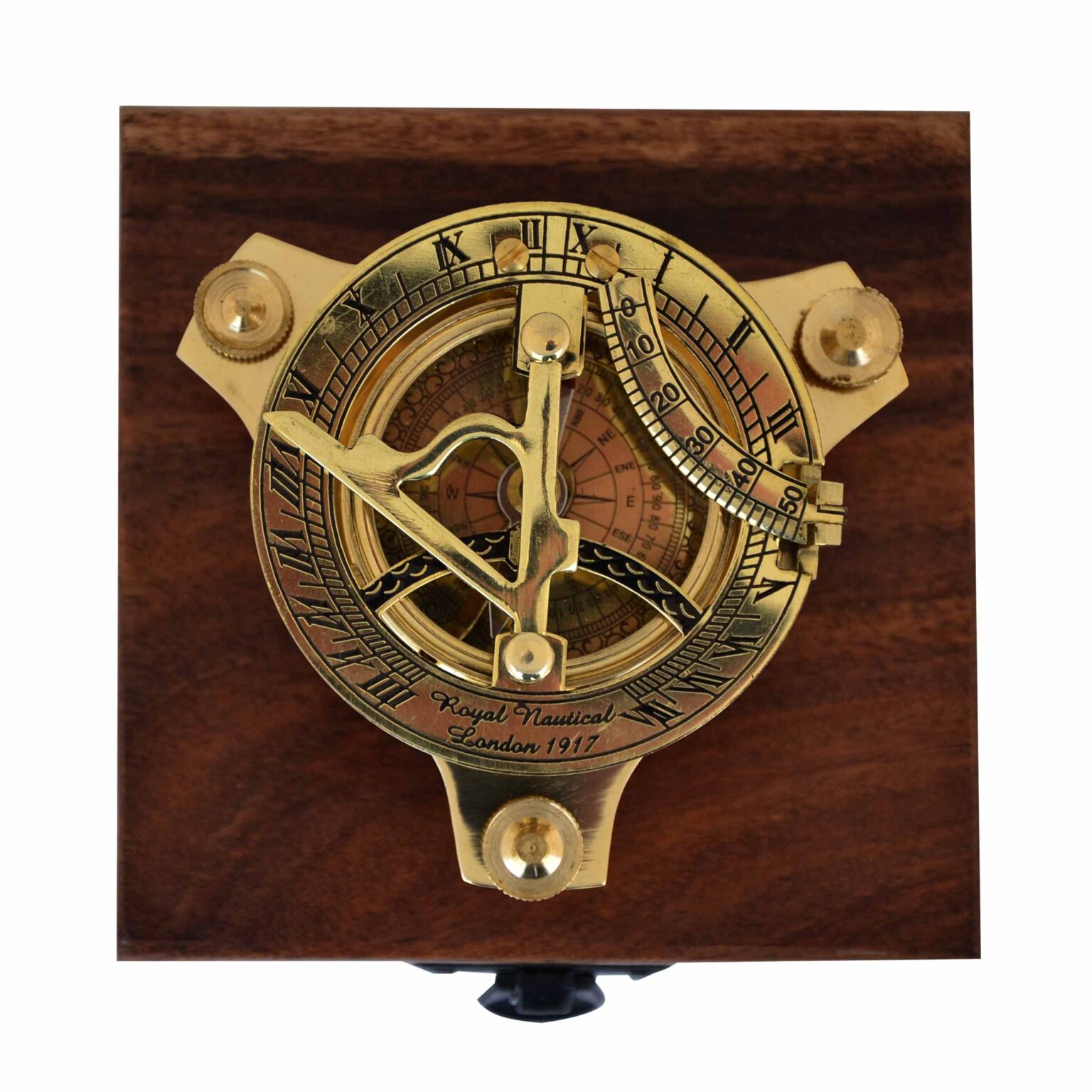
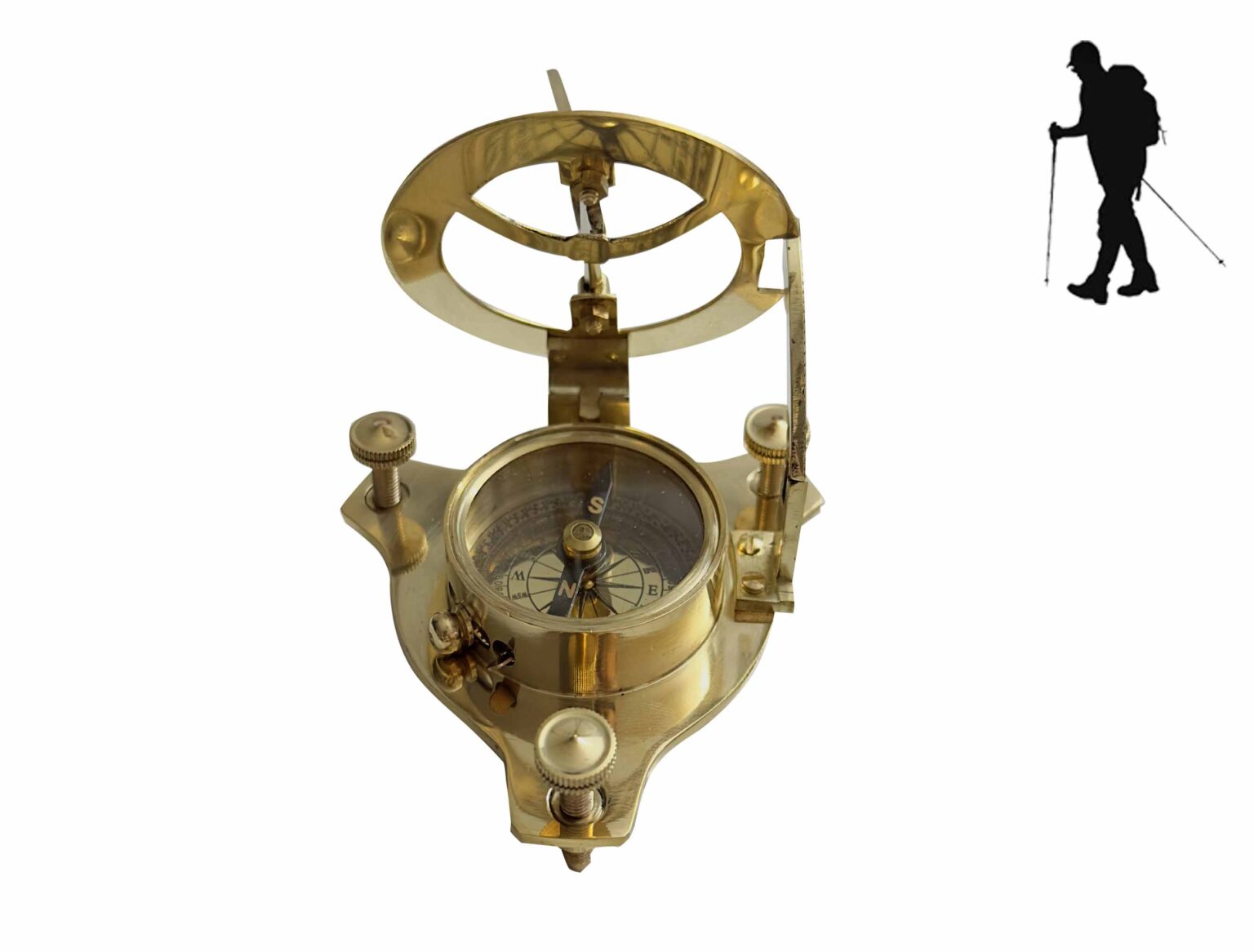
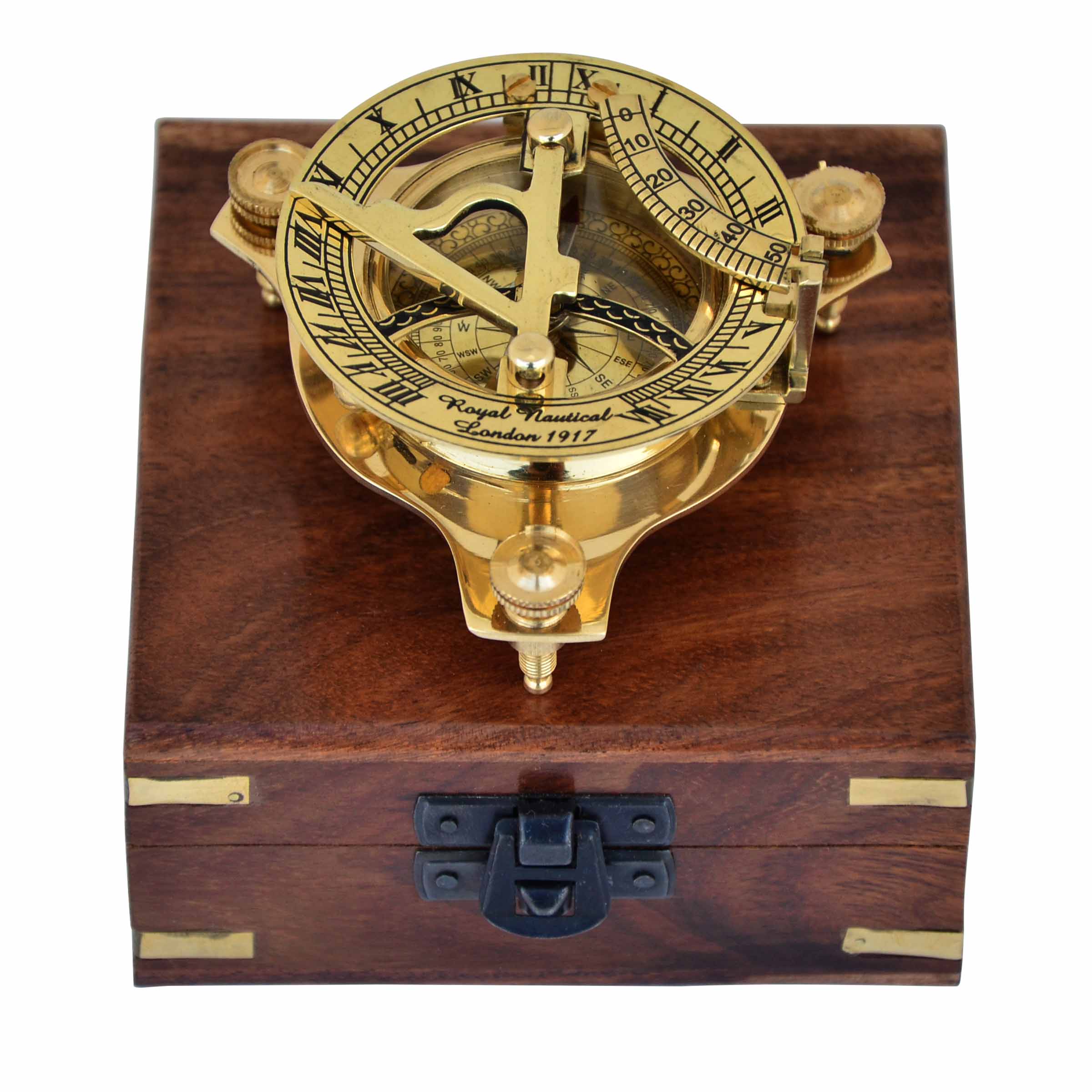
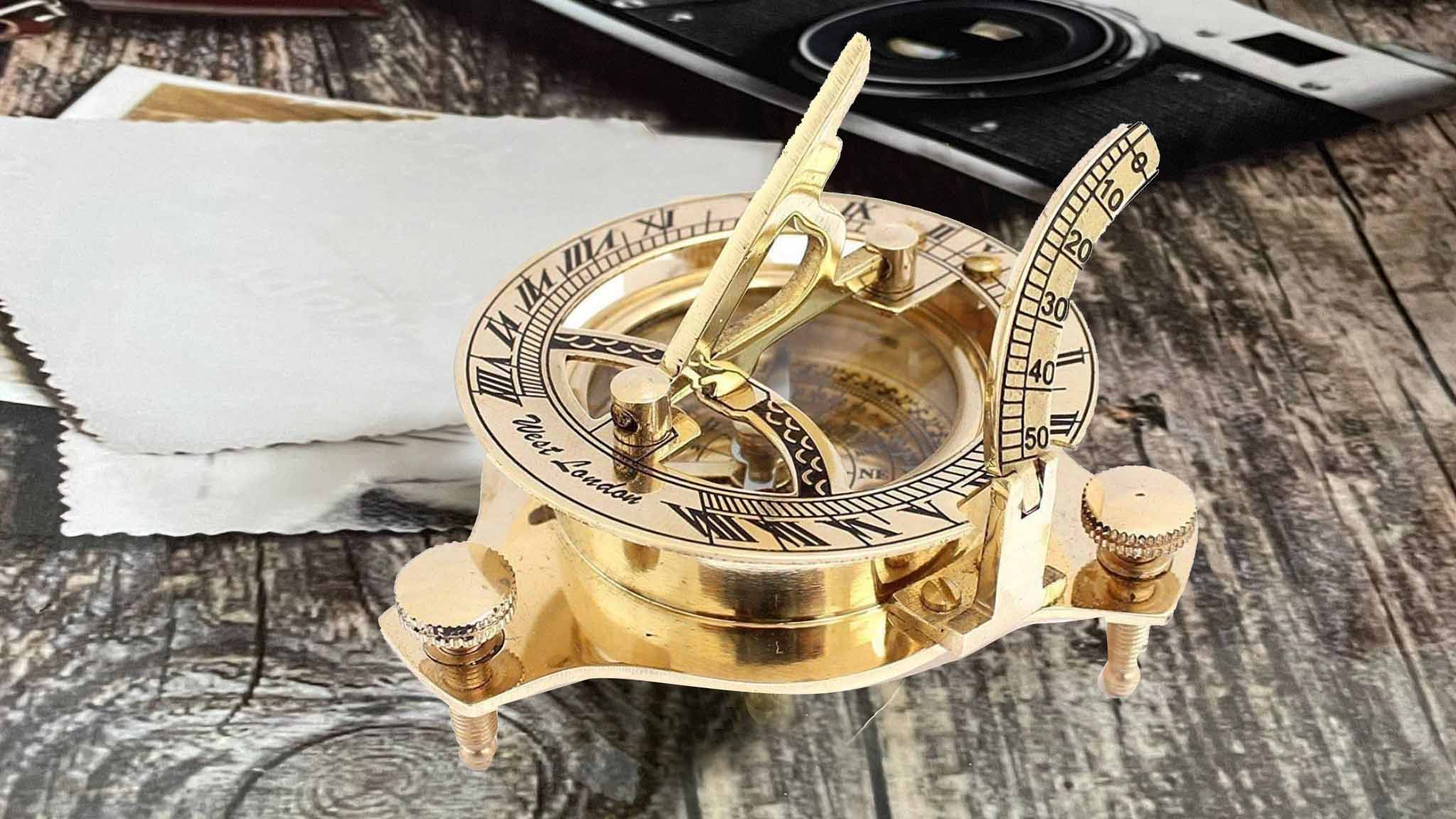
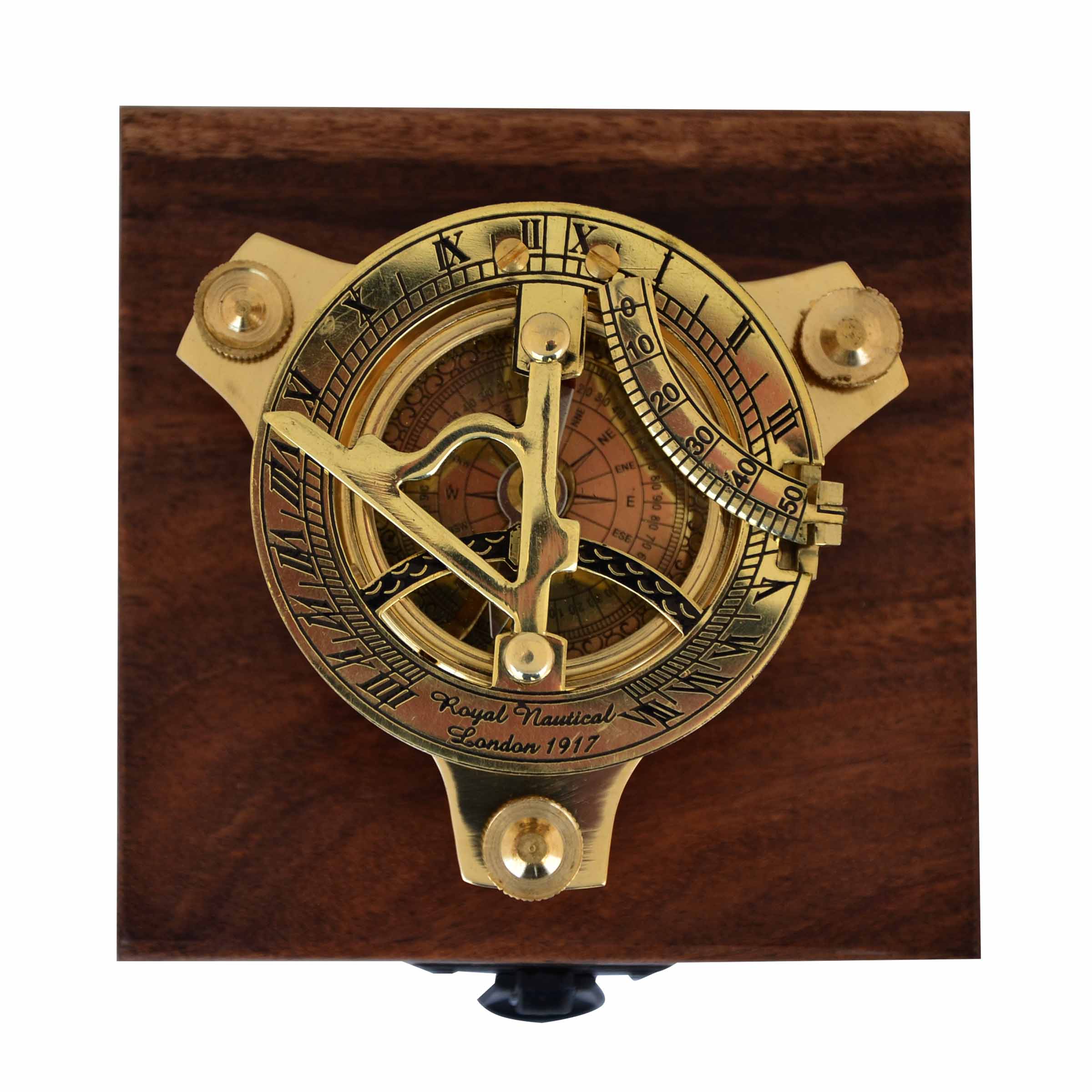
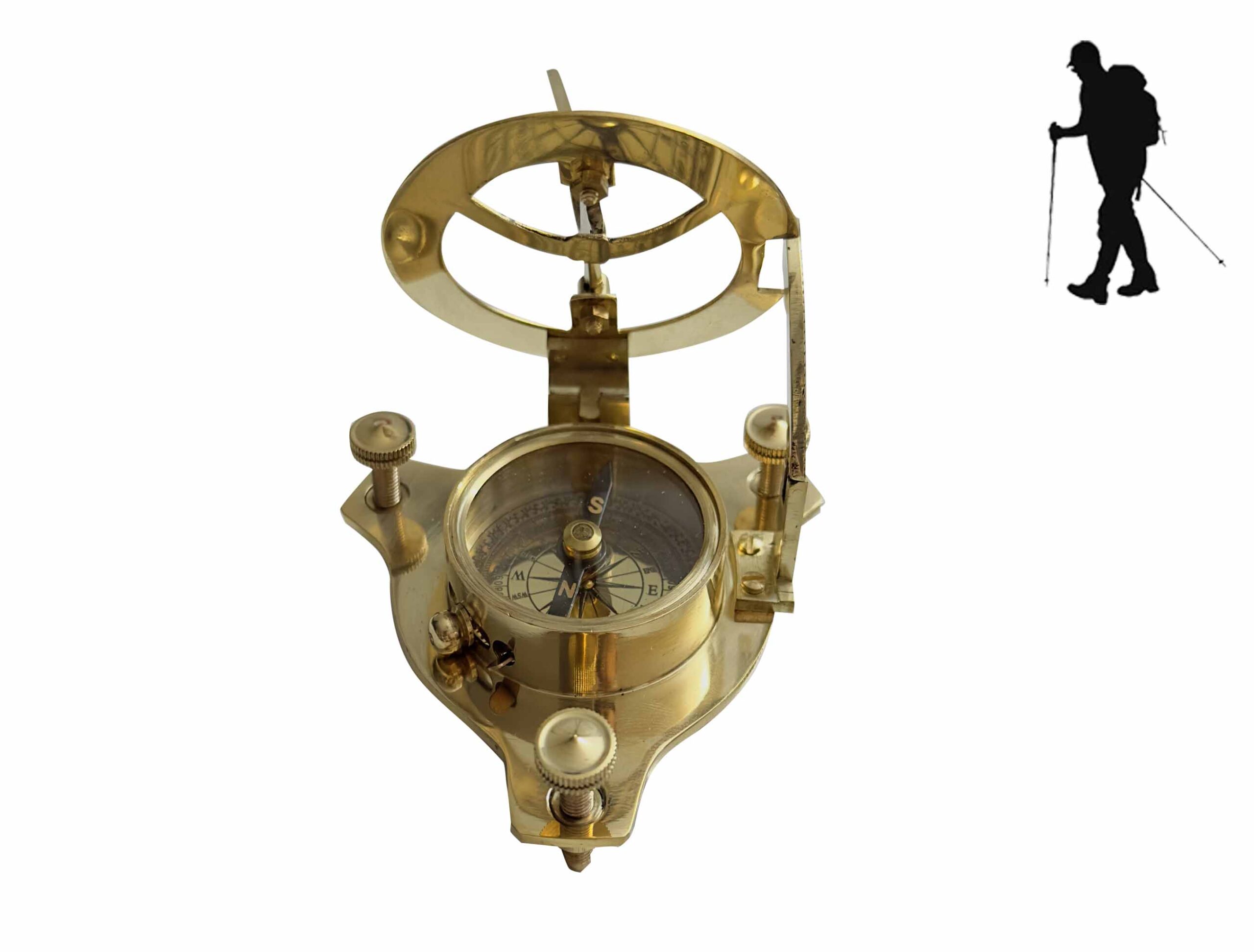
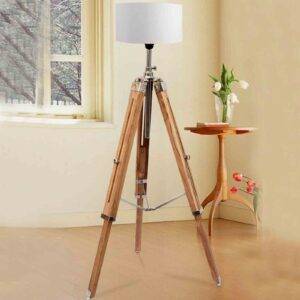
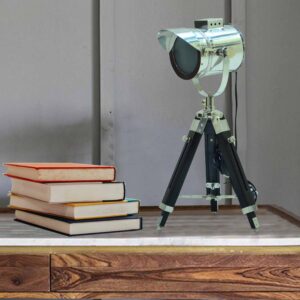
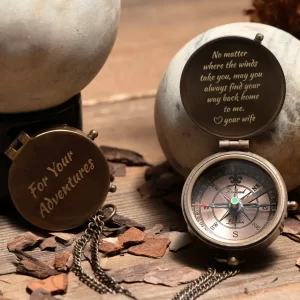
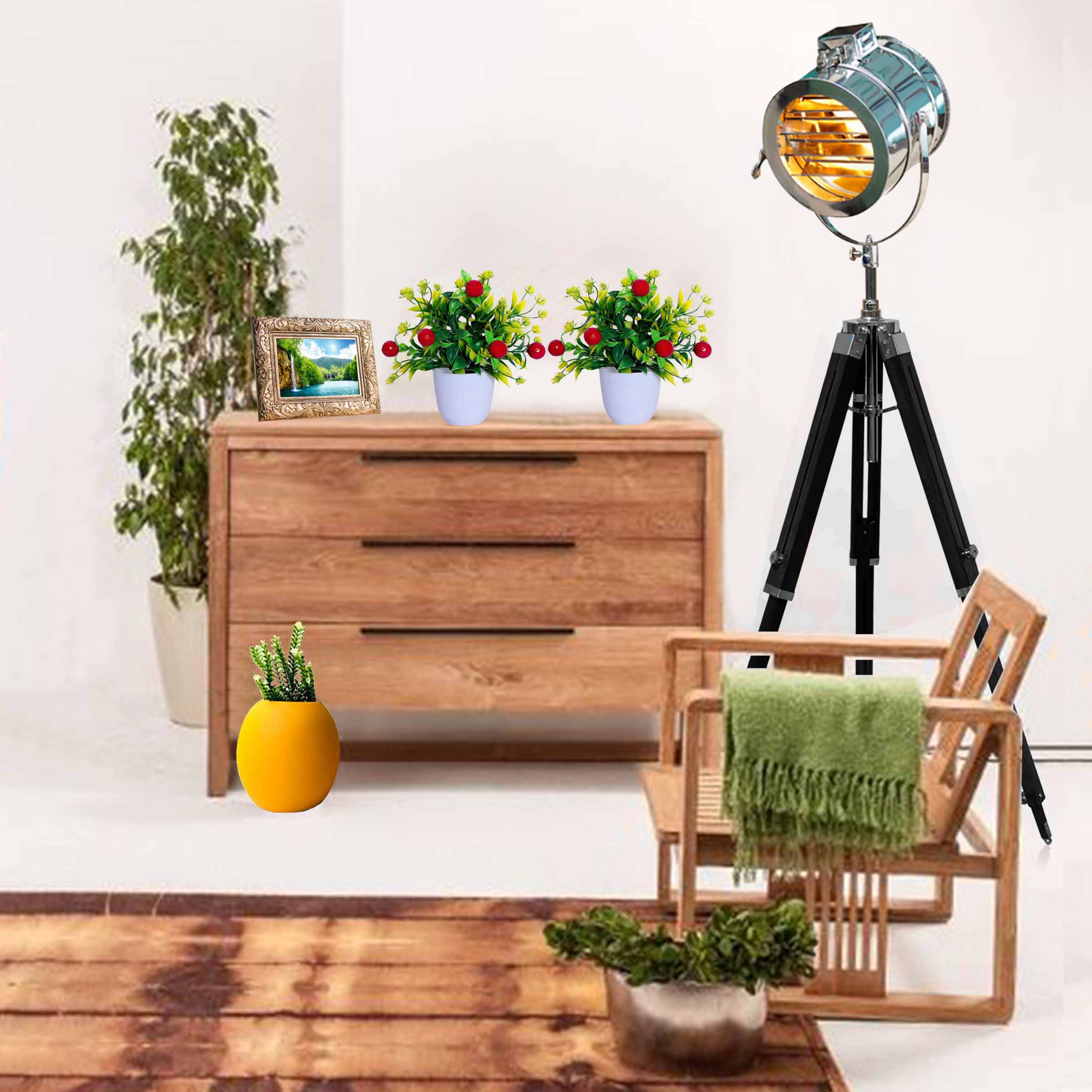



Reviews
There are no reviews yet.